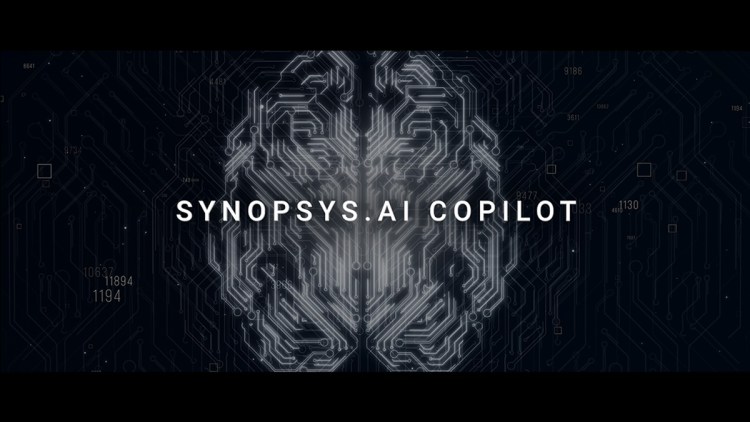Revolutionizing Semiconductor Chip Design
Synopsys, the chip design software firm based in Sunnyvale, California, has unveiled its latest innovation in chip design, called Synopsys.ai Copilot. This groundbreaking software leverages the power of generative artificial intelligence (GenAI) to accelerate the process of designing semiconductor chips.
By collaborating with Microsoft and utilizing the Azure OpenAI Service, Synopsys has integrated the capabilities of OpenAI’s large language models into their design automation tools. This strategic partnership has resulted in the development of Synopsys.ai Copilot, which aims to address the dual challenges faced by the semiconductor industry.
“The semiconductor industry faces dual challenges of developing faster and more efficient computing while grappling with projected workforce gaps for chip design engineers.”
– Synopsys
The introduction of conversational intelligence through the generative capability of Synopsys.ai Copilot enhances the chip design process and helps tackle the growing complexity of semiconductor engineering.
Collaboration with Microsoft
Synopsys and Microsoft have joined forces in their collaboration to integrate the Azure OpenAI Service. This integration provides Synopsys.ai Copilot with access to OpenAI’s language models and sets the foundation for AI-driven breakthroughs in chip design.
“AI-driven design can help address these challenges.”
– Shankar Krishnamoorthy, General Manager of the Synopsys EDA Group
With a projected workforce gap of 15% to 30% for chip design engineers by 2030, AI becomes a crucial ally in accelerating the design process and ensuring efficiency.
AI-Powered Experiences and Infrastructure
Synopsys.ai Copilot is designed to work alongside chip designers, providing conversational intelligence through natural language. This software is the first of many planned generative AI capabilities from Synopsys, which aims to continually learn and adapt to the evolving needs of engineering teams.
The deployment of Synopsys.ai Copilot is scalable, as it can be used in any on-premises or cloud environment. By integrating Microsoft Azure’s high-performance computing infrastructure, the software ensures availability, affordability, and capacity for handling AI workloads in advanced chip design and verification applications.
The collaboration between Synopsys and Microsoft emphasizes the importance of building responsible and trustworthy AI systems. Both companies are committed to promoting the secure deployment of AI technologies in creating new silicon-based applications.
Synopsys.ai Copilot is already available for early-access customers, offering AI-powered experiences and infrastructure that are anticipated to significantly improve innovation efficiency for engineering teams.










